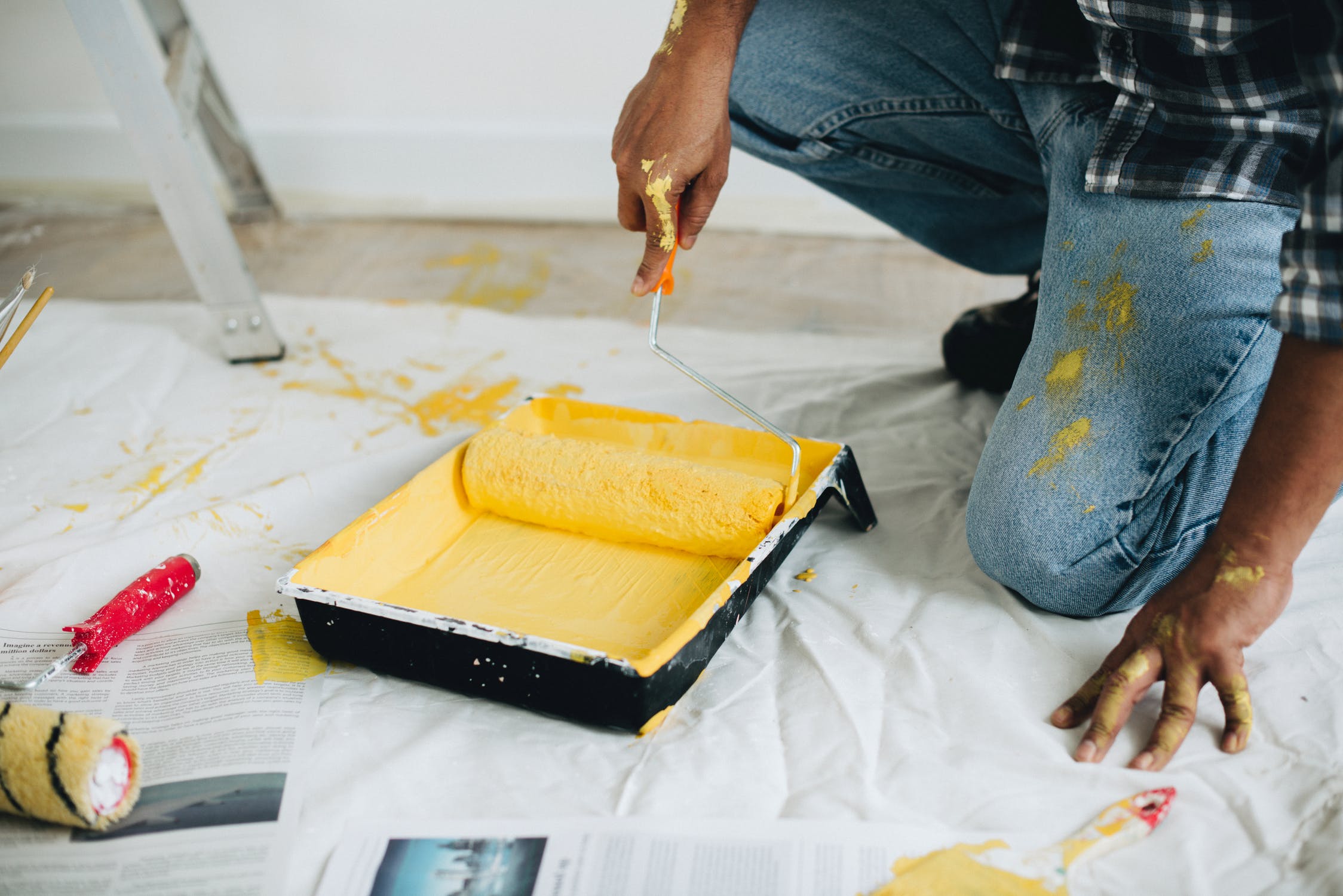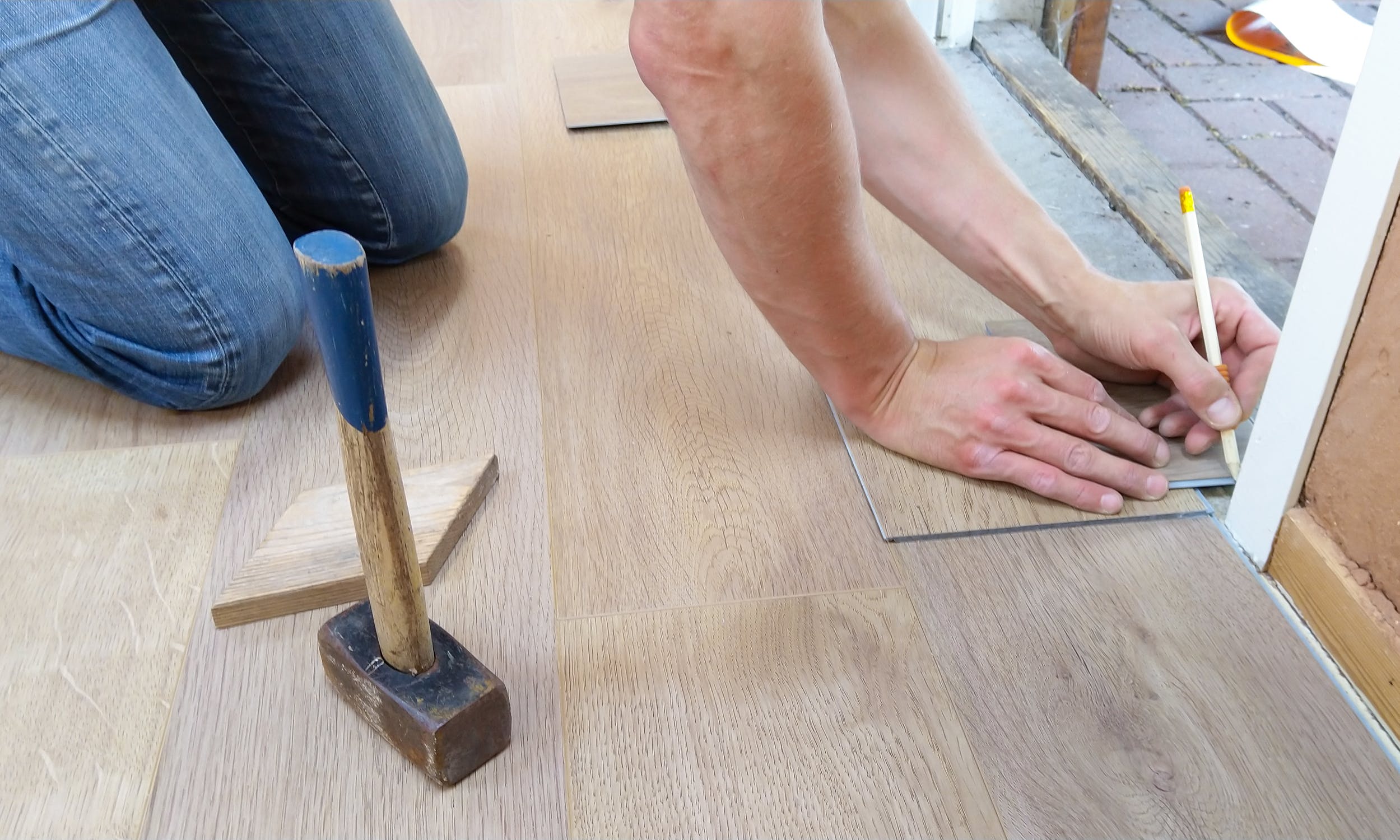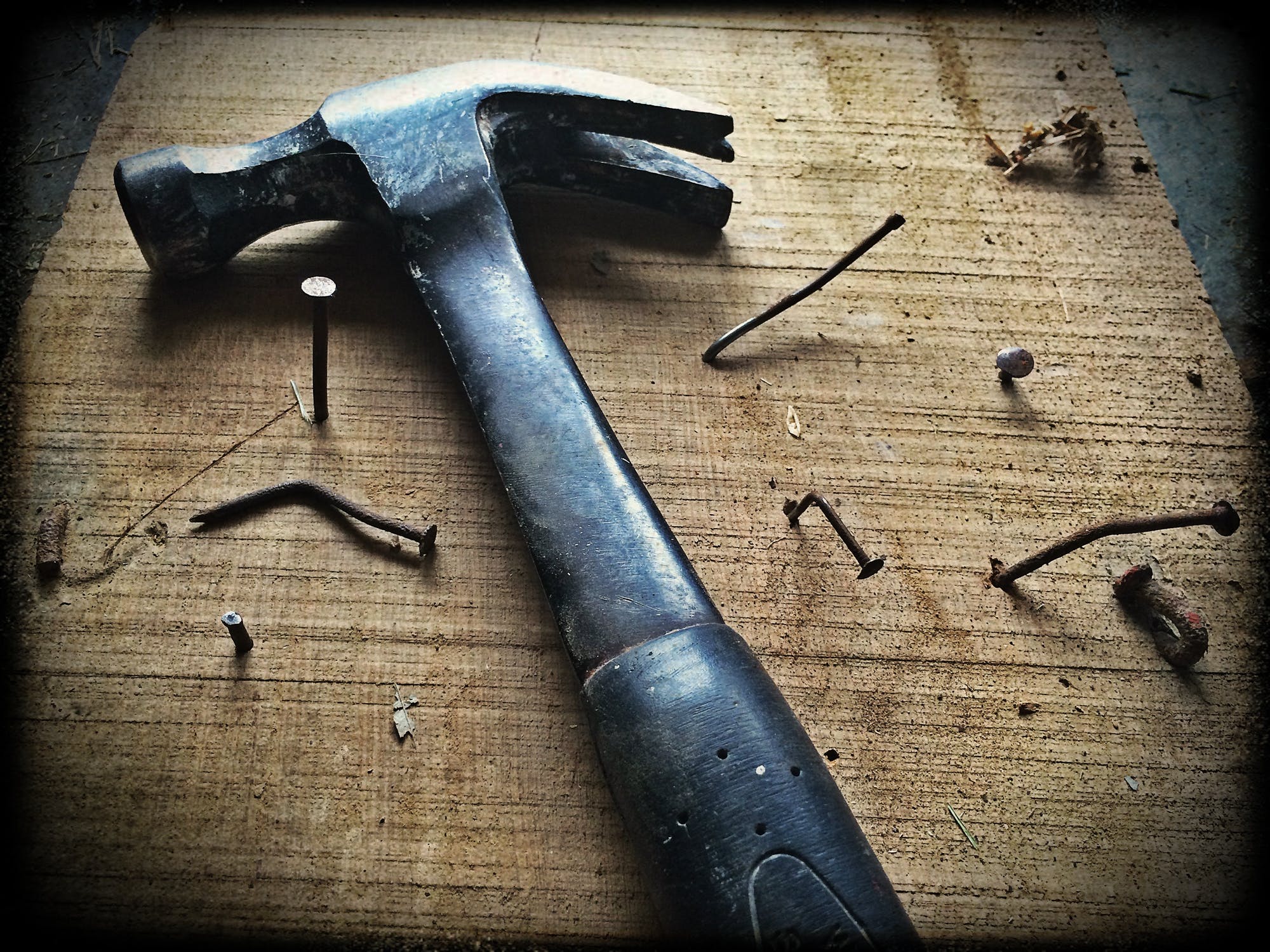There is no better investment in your future wealth than owning rental properties.
Property values go up over time, and tenants pay your mortgage (and hopefully other expenses) each month, year after year.
Still, as with any investment, there are risks involved and sometimes expenses that are not apparent at the outset. With over 10 years of managing thousands of properties in multiple states, here is our top 10 list of expenses related to owning rental properties.
- Ordinary wear and tear items – particularly paint and flooring. We have a scale with which to depreciate these items, but landlords should be prepared to repaint and replace flooring every few tenancies. When these wear and tear items are at the end of their “useful life”, you cannot expect to recoup the costs from tenants – these are an out-of-pocket expense.
- Hot water heaters: They just don’t last forever, and some only last between 5-7 years! Many factors play into the life of a hot water heater, not least of which is the quality of water being fed to the unit. Some parts (thermocouple) can be replaced, but when the tank starts leaking, landlords are on the hook for a new hot water heater.
- Vacancy: This should be assumed to be 2-4 weeks per year. While excellent property management companies (ahem, Real Estate Solutions) can dramatically reduce vacancy time and costs, a savvy landlord will factor in expected vacancy expenses each year.
- Property taxes: Landlords often forget that part of the purchase equation for a rental property should include the annual property taxes. Take this amount and spread it out over 12 months and subtract it from your rental income to help with “real” numbers.
- HOA dues: Many properties – townhomes, condos, houses – reside in HOAs (Home Owners Association.) Landlords must be prepared to pay these dues – tenants will definitely not be open to paying these on behalf of the landlord! Remember also, HOA’s can change the dues amount or issue a “special assessment” for community-wide repairs. HOA’s can also target a rental property in the neighborhood and make that rental experience very challenging. Fines can be assessed to the homeowner (landlord) even if they don’t live there. Make sure you have a solid lease that passes tenant HOA violations onto the tenants themselves.

- Turnover costs:
You’ve got to change locks (unless you have a great commercial property management company that installs digital door locks and changes the codes for you!), make sure you have operational smoke and carbon monoxide detectors, functioning appliances and on and on between each set of tenants. Costs associated with the previous tenants (damage, cleaning) should be a security deposit claim, but much of the work will be a landlord expense at turnover. Great landlords understand the value of keeping long-term tenants! - Overpriced vendors: Repairs always cost money, but what about the difference between vendors themselves in a given industry? We frequently see bids from vendors for the exact same work that can vary by thousands of dollars.
 Should the hot water heater cost $1,000 to replace or $1800? Should the interior painting cost $2,000 or $4,000? Finding the best vendors in the industry is so important to a landlord’s bottom line. Reasonably priced vendors should also communicate exactly how their charges break down – materials and labor. Any vendor who can’t articulate why they want to charge what they quoted is not worth hiring.
Should the hot water heater cost $1,000 to replace or $1800? Should the interior painting cost $2,000 or $4,000? Finding the best vendors in the industry is so important to a landlord’s bottom line. Reasonably priced vendors should also communicate exactly how their charges break down – materials and labor. Any vendor who can’t articulate why they want to charge what they quoted is not worth hiring. - Time: We all know there is a value to time. While that dollar amount varies, it’s never $0. The time it takes to effectively manage a rental property should not be ignored. Unless a landlord is trained in landlord/tenant law, trained in real estate, trained in accounting, has sophisticated tracking systems and checklists, and a strong legal knowledge, they should probably leave management up to the professionals. A great company (ahem, Real Estate Solutions) will have a very low monthly fee and will handle anything and everything that comes up with the rental property.
- Property Management: While there is obvious value in hiring the professionals to manage rental properties (increased rental amounts, lower cost repairs, better tenants, and on and on), there is going to be a cost for the service. Watch out for hidden fees! Maintenance markups, tenant placement fees, administrative fees, fees based on time spent on the property and many other fees are part of our competitor’s business model. An entirely overlooked category of fees are the fees property management companies often charge to the tenants themselves! Many property management companies (not Real Estate Solutions) charge exorbitant fees for online rent payments ($25-$50?!), fees for repairs that aren’t the tenant’s fault (first $45 of a repair!) and even charge the tenants themselves, a tenant placement fee and even a lease creation fee. There are a lot of fees out there – shop for a company that is transparent and simply doesn’t charge all those fees!
- Mortgage and insurance: These are obvious, but the full calculation for whether a rental property will truly “cash flow” should look something like this: Monthly rental amount – mortgage – insurance – property taxes (expressed in monthly form) – anticipated vacancy cost – management fees – HOA dues = cashflow before any possible repairs and not including depreciating items like paint and carpet.

The best way to ensure your future rental property will be a great investment is to honestly and objectively analyze it in the context of this top 10 list. Buying the right property, in the right area, at the right price is 90% of the battle. Good luck!


